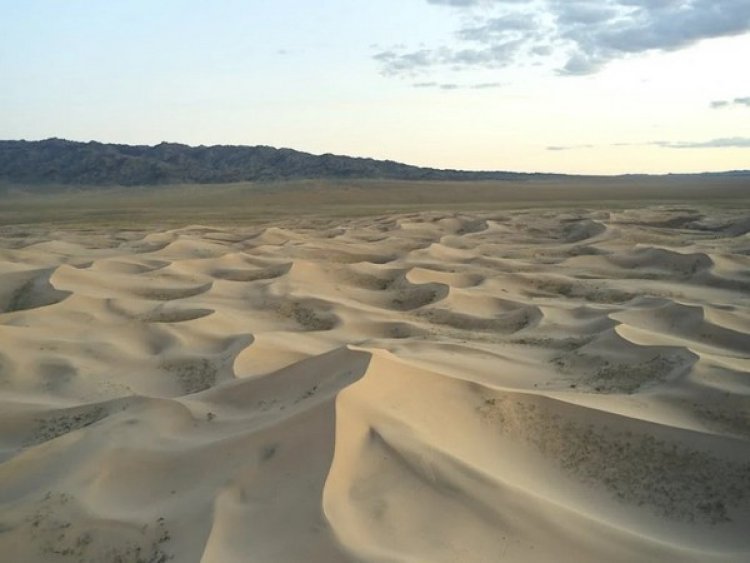Groundwater depletion will increase in coming decades as temperature warms: Study

Washington DC, US: According to a new study sponsored by the University of Michigan, farmers in India have reacted to rising temperatures by increasing groundwater withdrawal for irrigation. If current trends continue, groundwater loss might triple by 2080, endangering India's food and water security.
Reduced water availability in India as a result of groundwater depletion and climate change might endanger the livelihoods of more than one-third of the country's 1.4 billion people, with global ramifications. India recently surpassed China to become the world's most populous country, and it is the world's second-largest producer of common cereal grains such as rice and wheat.
"We find that farmers are already increasing irrigation use in response to warming temperatures, an adaptation strategy that has not been accounted for in previous projections of groundwater depletion in India," said study senior author Meha Jain, assistant professor at U-M's School for Environment and Sustainability. "This is of concern, given that India is the world's largest consumer of groundwater and is a critical resource for the regional and global food supply."
The lead author is Nishan Bhattarai of the Department of Geography and Environmental Sustainability at the University of Oklahoma, formerly a postdoctoral researcher in Jain's U-M lab.
The study, scheduled for online publication Sept. 1 in the journal Science Advances, analyzed historical data on groundwater levels, climate and crop water stress to look for recent changes in withdrawal rates due to warming. The researchers also used temperature and precipitation projections from 10 climate models to estimate future rates of groundwater loss across India.
Previous studies have focused on the individual effects of climate change and groundwater depletion on crop production in India. Those studies did not account for farmer decision-making, including how farmers may adapt to changing climate through changes in irrigation decisions.
The new study takes into account the fact that warmer temperatures may increase water demand from stressed crops, which in turn may lead to increased irrigation by farmers.
"Using our model estimates, we project that under a business-as-usual scenario, warming temperatures may triple groundwater depletion rates in the future and expand groundwater depletion hotspots to include south and central India," Bhattarai said.
"Without policies and interventions to conserve groundwater, we find that warming temperatures will likely amplify India's already existing groundwater depletion problem, further challenging India's food and water security in the face of climate change."















































